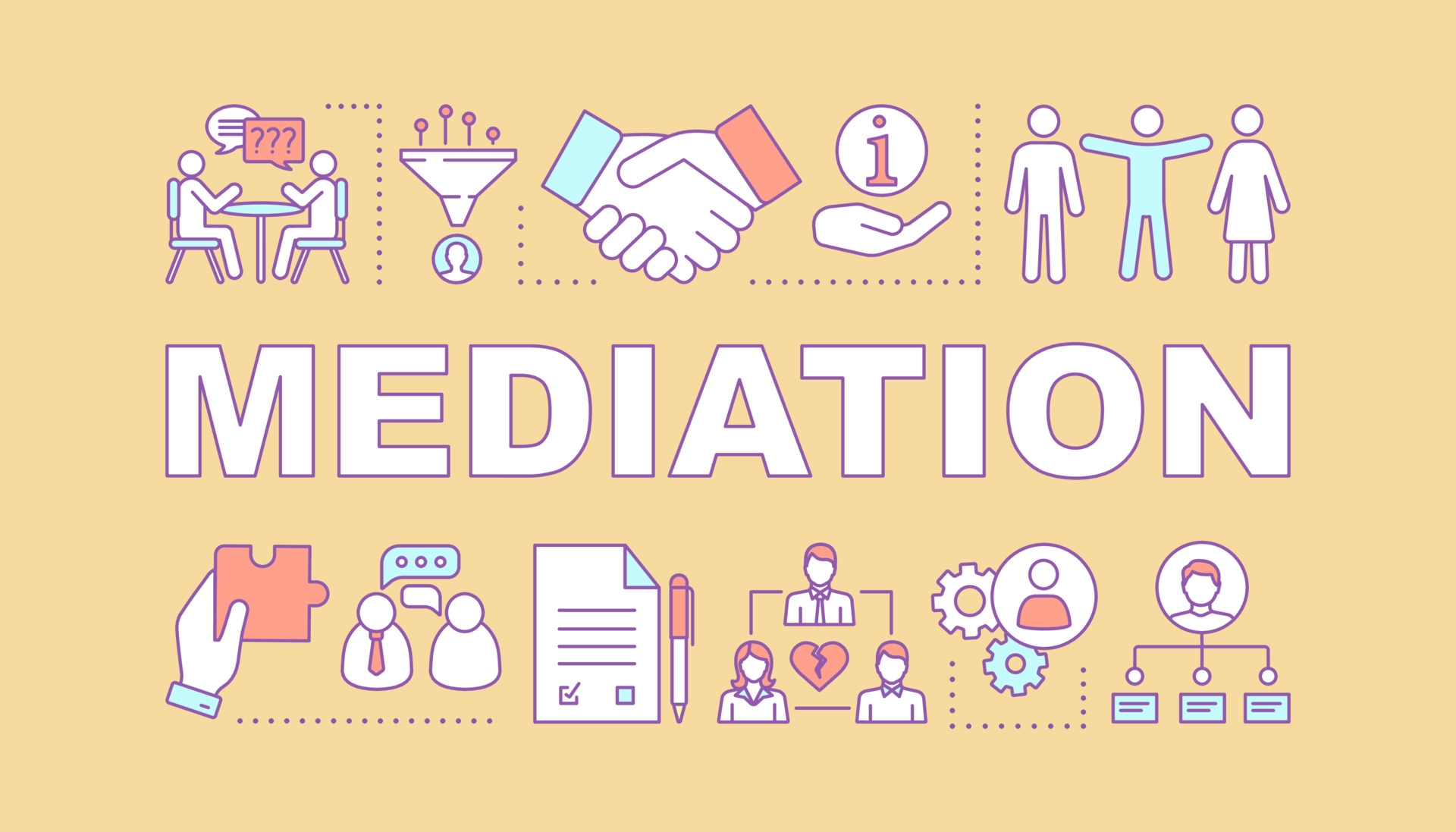Mediation Lawyer Sydney
What is mediation?
Mediation is a structured negotiation process in which an independent person, known as a mediator, assists the parties to identify and assess options and negotiate an agreement to resolve their dispute.
Why mediate?
Litigation is expensive, time cosuming and emotionally draining. What’s even worse is that it only produces binary outcomes (there is a winner and loser).
Mediation is a confidential and collaborative process. It is less expensive, faster and more flexible than litigation. In a mediation the parties (not the Court) are in control of the process.

What can be mediated?
Most disputes are suitable for mediation. I have helped parties in a wide range of different matters over the years. Let me help you to discover a more amicable and cost-effective way to resolve your disputes.
Some mediation FAQ
Wills, Estates and Succession Law
Shareholders and Directors
Property & Leases
Consumer Disputes
Workplace Issues
A couple of mediation stories….
The Law Reports
I am a lawyer. I have spent many years in law libraries and my chambers has many shelves of law reports. As a mediator I look at those shelves differently. What I now see is thousands of cases where parties had a contested trial, and/or an appeal and perhaps even...
Commercial & Business Disputes
Mortgages and Loans
Banking
Franchises
Insolvency
Partnerships
The Chocolate Bar
Suppose after a tiring day at the office you return home to find your two children engaged in a squabble in the living room over the last remaining chocolate bar. The solution is obvious - cut it in half. However, if you were a facilitative mediator who practised...
What happens at mediation?
Most mediations start with a joint session where the mediator explains the proccess, invites the parties to introduce themselves and to discuss the issues and nature of the dispute.
After that, typically the parties will go to their separate rooms and the mediator will ask questions and encourage discussion. The mediator can often help the parties to brainstorm ideas or reality check offers as well as to relay those offers to the other participants.
Where can we have the mediation?
The best venues for mediation will have a conference room for joint sessions and also and smaller “break out” rooms which are available for parties to use. Many law firms have facitities like this but understandably sometimes parties feel like they don’t want to mediate on enemy territory.
There are many suitable facitities which are available for hire in the Sydney CBD including those provided by the NSW Bar Dispute Resolution Centre.
Can we mediate online?
If you don’t want to have a face to face mediation then it is possible to use video-conferencing technology. My preference is for MS Teams, but we could do Zoom or Skype. It is also worth considering the well regarded specialist mediation platform, Immediation (where I am also on the panel of mediators). There is an extra charge to use Immediation
What does without prejudice mean?
Mediations are confidential and without prejudice. What this means is that the details of negotiations and offers made in mediation can’t be disclosed in Court. So, for example if someone in mediation has offered to accept $x as a compromise, the other party can’t go back to court and say “but they agreed to take $x before”.
What happens if an agreement is reached?
When an agreement is reached it is very important that it be written down. It was my practice as an advocate to always say to my opponent “there is no agreement until it’s in writing and signed by both of us”. I think the parties in mediation should take the same attitude.
It is very unfortunate if someone changes their mind overnight or if a whole fresh dispute about the terms of settlement develop.
If it’s not possible to do a full written deed or agreement there should at least be a heads of agreement (summary) document.
The parties may also need to agree on what orders they will ask the court to make.
What happens if we don't agree?
Although a high proportion of matters do settle at mediation this is not always the case. Sometimes only part of the dispute is resolved and the range of issues which are being fought when the matter returnes to court will be narrower.
Even if you can’t agree at the mediation, sometimes the seeds of an idea are sown and resolution will happen at a later time (often within a few days). In hard cases, sometimes the parties try mediation more than once.
How much will it cost?
All costs are always negotiable and are usually shared equally between the parties. I don’t charge extra for preparation or for a preliminary conference if it’s appropriate to have one.
My fixed fee will include all pre-reading and a full day (from 10am to 6pm) of mediation. If the mediation goes into the evening, which is unusual, additional costs may be incurred.
You can’t always get what you want
But if you try sometimes, well, you might find
You get what you need
The Rolling Stones, “Let it Bleed” 1969
Are you looking for a nationally accredited mediator?
If you want to know more about how I can help you or about my availablity or daily rates